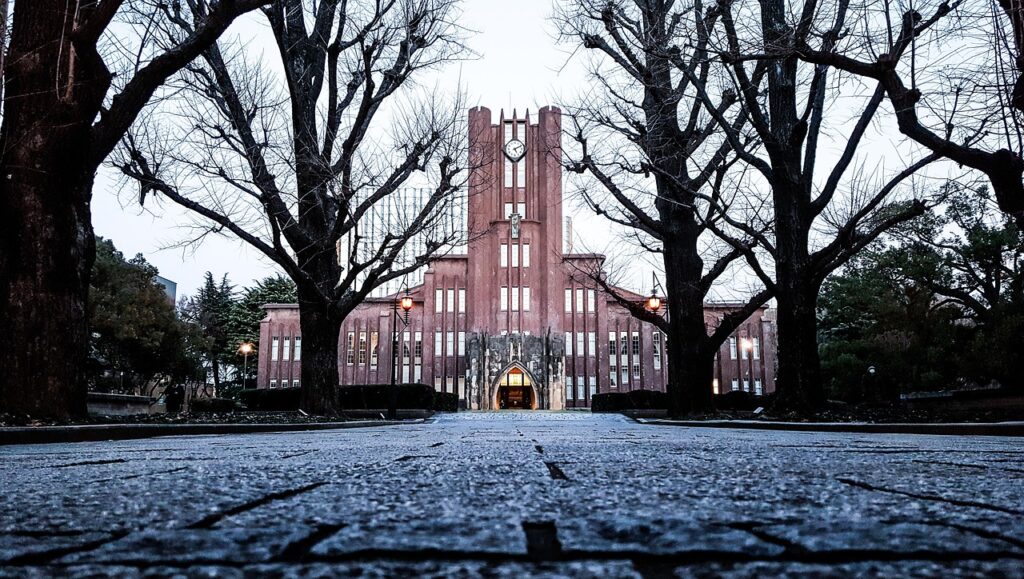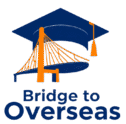Study in Japan
Advanced technology, rich culture, and a variety of scholarships for international students.
Over 400,000 international students from more than 170 countries study across Japan’s higher education institutions. Tuition varies by program and university, typically from $3,800 to $18,000 per year. Monthly living costs are commonly around $1,120–$3,150.
International students with the correct permit may work part-time—generally up to 28 hours per week. Popular scholarships include the MEXT (Monbukagakusho) program, which can be applied for through the Japanese embassy.
Japan Study at a Glance
| Level | Typical Age | Typical Annual Tuition | Scholarship Chance | Language Requirement |
|---|---|---|---|---|
| Primary / Secondary (State) | 6–18 | Public: low / Private: varies | Depends on school | Japanese (international schools: English) |
| Bachelor's | 18–25 | ~$3,800–$18,000 (varies by uni & program) | Low–Medium | IELTS 5.5–6 / TOEFL 71–80 (English programs) or EJU / JLPT (Japanese) |
| Master's | 23–30 | Typical: ¥820,000–¥1,100,000 (~$5,700–$7,700) | Medium (many English-taught options) | IELTS / TOEFL or EJU / JLPT |
| PhD | 27–40 | Many funded — tuition often covered for research students | High for funded research projects | Research supervisor approval; IELTS/JLPT as required |
Leading Japanese Universities (QS 2025)
| University | QS 2025 Rank | Notes |
|---|---|---|
| The University of Tokyo | #32 | Top national university, widely recognized |
| Kyoto University | #50 | Strong research focus |
| Tokyo Institute of Technology | #84 | Engineering & science leader |
| Osaka University | #86 | Comprehensive programs |
| Tohoku University | #107 | Known for materials science |
| Nagoya University | #152 | Research and industry links |
| Waseda University | #181 | Strong international programs |
| Keio University | #188 | Private, strong industry links |
Study Levels & Key Notes
Bachelor's (4 years)
Standard duration is four years (exception: Medicine, Dentistry, Veterinary, Pharmacy up to 6 years). Many programs require 124 credits for graduation. Academic year typically runs April–March.
Master's (typically 2 years)
Often 2 years; includes coursework and research. Many English-taught master’s are available; a research proposal is commonly required.
PhD (minimum 3 years)
Research-focused; many positions are funded with scholarships or stipends. Integrated PhD options (directly after bachelor's) exist at some universities (5 years).
Admission Requirements
- Completion of prior education (typically 12 years for bachelor’s entry).
- Transcripts, personal statement/motivation letter, and recommendation letters.
- Proof of financial means to cover living costs and tuition.
- Entrance exam / university-specific requirements (where applicable).
- Language proof: IELTS (5.5–6) or TOEFL iBT (71–80) for English programs; EJU or JLPT for Japanese programs.
Costs and Scholarships
| Item | Typical Amount |
|---|---|
| National University (annual) | ¥820,000 (~$5,761) |
| Public Local University (annual) | ¥930,000 (~$6,533) |
| Private University (non-medical, annual) | ¥1,100,000 (~$7,728) |
| Private Medical Programs (annual) | ¥3,200,000 (~$22,482) |
| Japanese Language Institute (annual) | ¥680,000 (~$4,777) |
Scholarships & Financial Aid
Japan offers a mix of fully funded and partial scholarships. JASSO and MEXT are major sources of support.
- MEXT (Monbukagakusho) scholarships — various categories (undergraduate, research, YLP). Monthly amounts vary (e.g., ¥117,000–¥242,000 depending on category).
- JASSO scholarships and support services — scholarships typically range ~¥48,000–¥242,000/month depending on the program.
- University-based scholarships, research grants, and tuition reduction schemes (30%, 50%, 100%).
Ready to plan your South Korea study path? Get a free study plan with program and visa guidance.
Get a Free Study Plan

